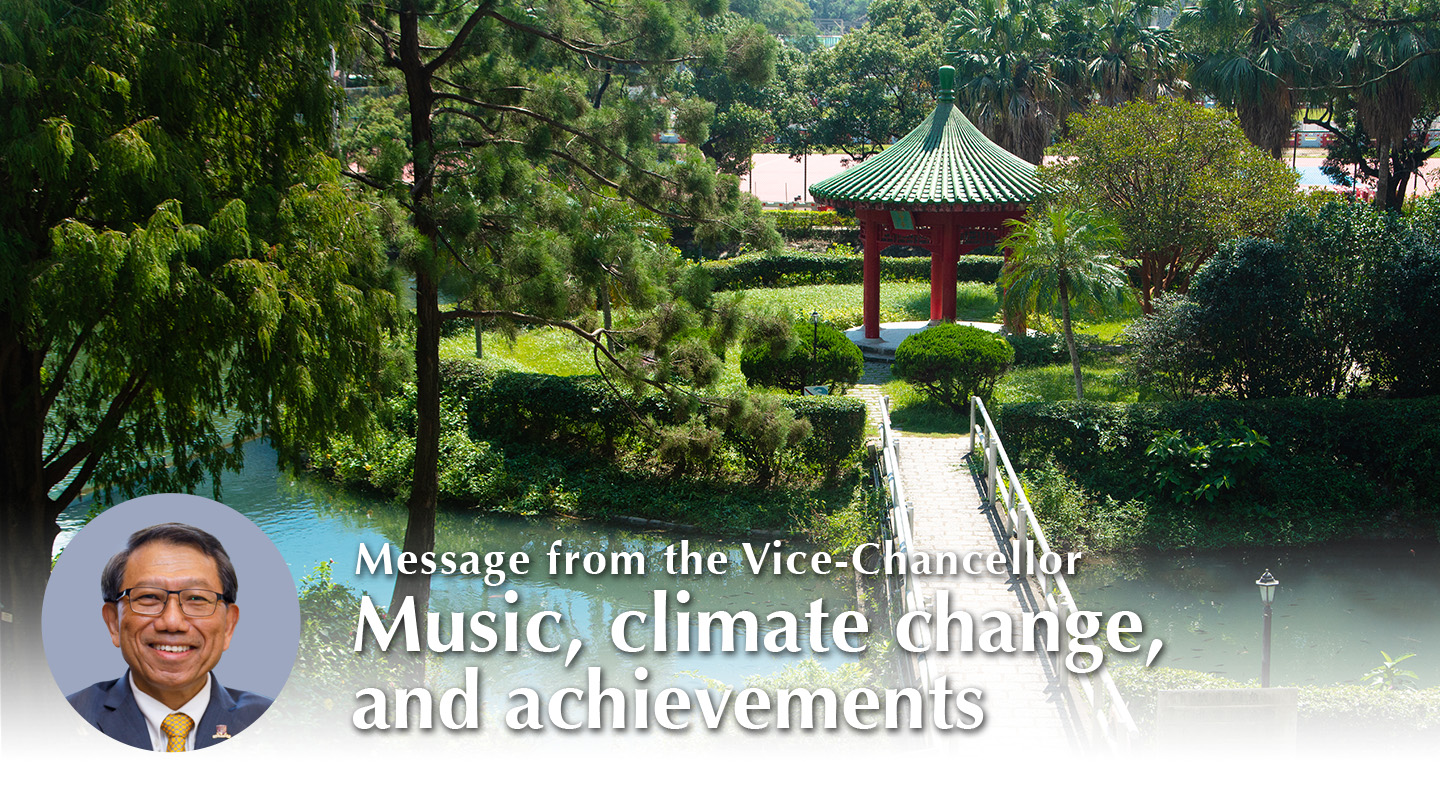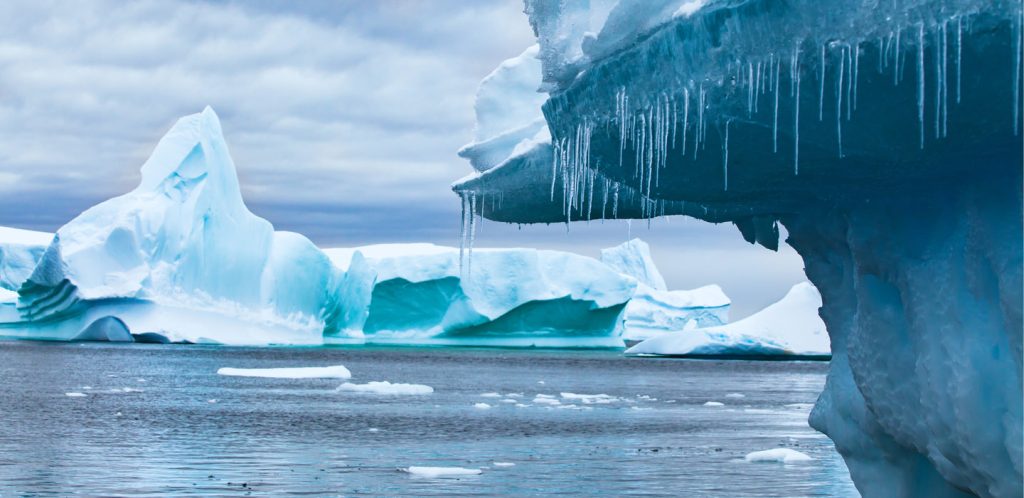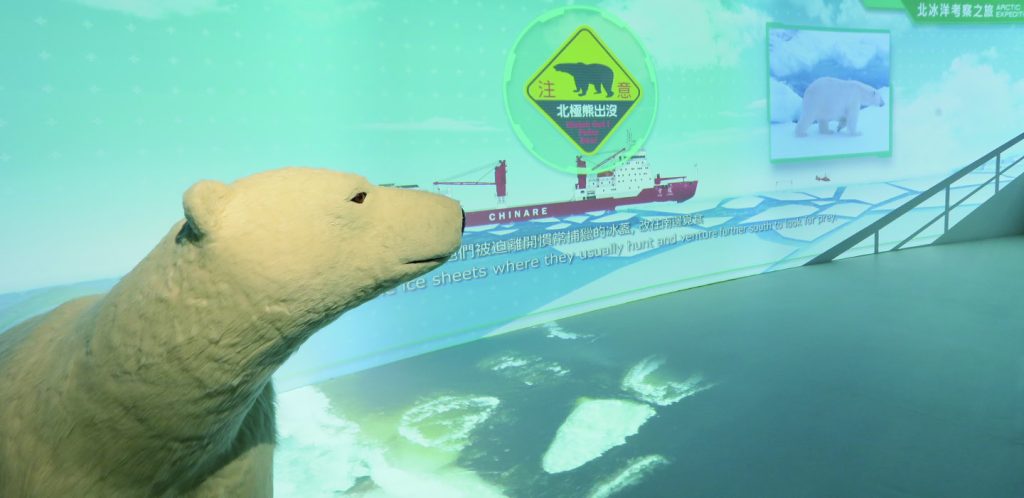
Music for the soul
Welcome to the third edition of CUHK in Focus.
Music is the universal language of the soul. As pandemic restrictions ease, we are privileged to enjoy more live music events in person. It was uplifting to attend a special concert Concerto Italiano organised by the Italian Consulate-General earlier this month where the audience was treated to an enchanting and uplifting selection of Italian operatic overtures and arias, concertos and symphonies, and contemporary Italian music.
Music is a big part of life at CUHK too. It sings of our philosophy of whole-person education. Our Shenzhen campus is making a big effort here, with the establishment of its School of Music last year which spells exciting things for collaborations across the border. Music has also sustained many of our partnerships with the mainland throughout the pandemic, with our China Engagement Office’s recent online concert series Pleasure in the Pandemic connecting CUHK’s musicians with orchestras, choirs, and ensembles at our partner universities around the country.
With music, I offer you a segue into climate change which is the theme of this edition. Former Beatle Paul McCartney’s song Despite Repeated Warnings is a call to action for humanity to respond to the climate crisis. Thankfully, although its title suggests something gloomy and the song progresses with warnings over extreme weather events and the dangers of inaction, it finishes with an upbeat tone, and optimistically ends with the words ‘yes we can do it’.
Yes, I also believe we can! And universities have a big role to play. Universities around the world are stepping up to contribute to the sustainability of our planet by leveraging their research and education as well as making concrete commitments to reduce their own carbon footprints. CUHK is no exception. We aspire to play a major leadership role. As a civic university, we have a unique responsibility.

Engagement on climate action
While our climate scientists, energy specialists and engineers can inform public policy responses and help with the economic architecture of a green economy – as civic institutions, educators of tomorrow’s leaders and carbon emitters in our own right, we have a responsibility to start with our own campuses.
We responded to Hong Kong’s Climate Action Plan 2050 by being the first university in the city to set a carbon neutral target, and others have now followed suit. You will read more about our net zero 2038 target in this edition’s feature Our Pledge to Mother Earth. I also wrote more about how universities can take the lead in climate action recently and you can read my piece here.
CUHK recently became a member of the International Universities Climate Alliance (IUCA), which is a network of 56 universities around the world committed to harnessing their expertise and sharing best practice on climate change. As the founder of the Jockey Club Museum of Climate Change (MoCC) and a co-host of the Hong Kong Chapter of the United Nations Sustainable Development Solutions Network (SDSN Hong Kong), CUHK has been proactively working with international partners to inspire climate actions.
Over two days this week, The South China Morning Post is hosting the Climate Change Hong Kong Summit, and CUHK is partnering with this important event, designed to connect policy makers, scientists, sustainability advocates and industry leaders to discuss Hong Kong’s place in the climate crisis. The event kicks off with a special tour of the MoCC before the main summit is opened with a keynote from Financial Secretary Paul Chan Mo-po, followed by other discussions on topics ranging from US-China climate cooperation, Hong Kong’s quest for carbon neutrality by 2050, carbon trading, and future cities.

More achievements to celebrate
This commitment to climate change is strongly supported by globally recognised researchers who are at the top of their fields in energy, climate, and sustainability. Recognition of CUHK’s contributions came just recently when our Dean of Science and Wei Lun Professor of Chemistry Professor Song Chunshan was shortlisted for the prestigious 2022 Global Energy Prize for his innovative and pioneering contributions to adsorptive and catalytic processing of carbon dioxide and hydrocarbon fuels. We also celebrated another good news as our Choh-Ming Li Professor of Geography and Resource Management Professor Mei-Po Kwan received the 2022 James R. Anderson Medal of Honour in Applied Geography, the highest honor bestowed by the Applied Geography Specialty Group of the American Association of Geographers, earlier this month.
The last fortnight has also seen CUHK climb a place in the 2023 QS World University Rankings with us placing 38th globally. CUHK outperformed the global median in all fields. Standout results included a 192.7 citation rate per faculty member against a global median of 43.3 and an international faculty ratio of 53.6 compared to a global median of 8.6.
This was CUHK’s best performance in the QS ranking in over a decade and we have seen an improvement in our QS position every year since 2019. My congratulations to all members of our community for achieving another international recognition of our work.
I look forward to sharing more stories with you in our next edition.
Yours sincerely,
Professor Rocky S. Tuan
Vice-Chancellor and President
The Chinese University of Hong Kong